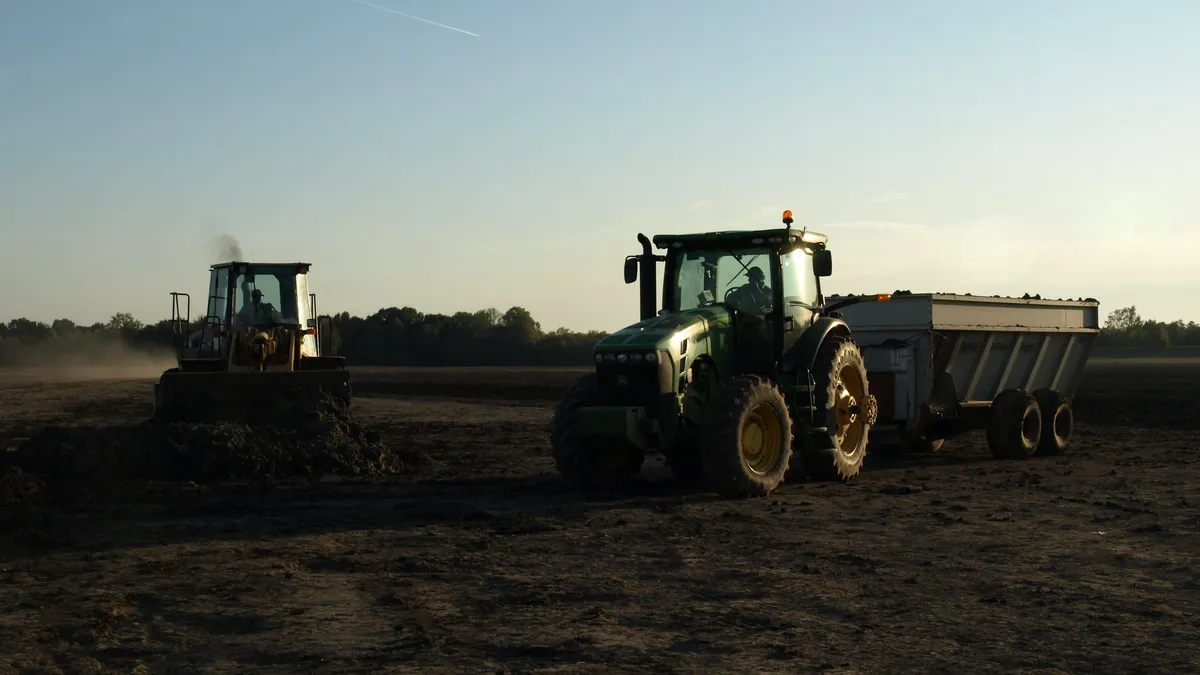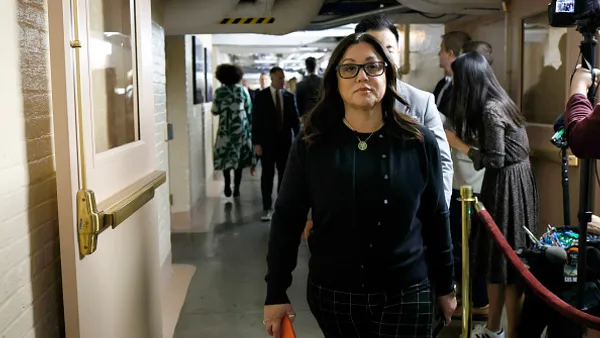When the clock strikes 3 a.m. on March 12, people working night shifts may face hiccups in logging their hours.
Because time “springs forward” in March, graveyard shifts that typically include the 2:00 a.m. to 3:00 a.m. stretch of time will lose that hour. Similarly, when clocks “fall back” in November, some employees can put in an extra hour of work and, with improper timekeeping, be underpaid.
What can be troubling for workers is that they may or may not be slated to work and be compensated for their usual hours.
Clearing up some confusion is the U.S. Department of Labor guidance around daylight saving time and the Fair Labor Standards Act. “The FLSA requires that employees must be credited with all of the hours actually worked,” the DOL states.
Previously, employment law experts said that managers should be mindful of giving employees proper break times if shifts encompass daylight saving transitions. So, for example, if supervisors typically rely on computers to automate break times, this would be an instance where manual timekeeping is encouraged.
Additionally, HR should look into whether there are any wage and hour provisions in their workers’ collective bargaining agreement that addresses the daylight saving time change.
Employers should ensure that they are following any provisions in a collective bargaining agreement that addresses wage and hour provisions for time change. Ultimately, the employment attorney who spoke to HR Dive reaffirmed the DOL’s guidance: Timekeeping is about “staying true” to the hours worked.
Another compliance consideration is workplace safety: A 2018 National Safety Council study found that post-daylight saving transition fatigue leads to an annual uptick in accidents, due to “circadian misalignment” or talent fighting to stay awake.
NSC’s data advises that trucking and piloting supervisors, head staff in the healthcare industry, managers overseeing first responders and military HR should be mindful of their late-night workforces. Additionally, employers of older workers (more than 40 years old) should be mindful that aging makes adjusting to DST more difficult.













